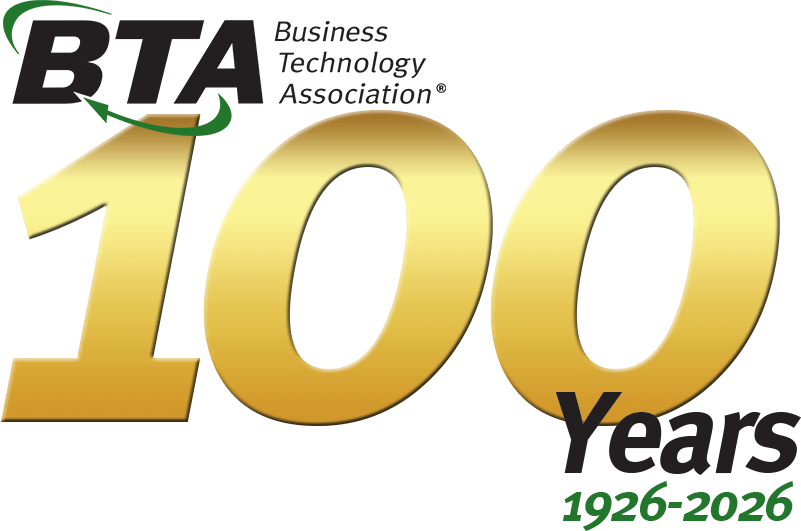Konica Minolta's Health Care-Enabled MFP Addresses Challenges
Konica Minolta's Health Care-Enabled MFP Addresses Challenges
Konica Minolta Business Solutions U.S.A. Inc. (Konica Minolta) has announced the release of its latest version of the health care-enabled MFP Plus, connected by Kno2. This cloud-based solution optimizes Konica Minolta bizhub MFPs for the health-care industry. Specifically, it helps health-care providers easily and securely exchange patient information electronically in formats that support and adhere to the latest industry regulations. These include the 21st Century Cares Act and HIPAA, as well as the most recent FCC regulations to reduce the use of standard copper phone lines.
"The health-care market continues to evolve at a rapid pace," said Joe Cisna, director of health care solutions, Konica Minolta. "Health data is being exchanged everywhere and in many different formats, and the ever-changing industry regulations make the business of health care extremely challenging to manage. This cost-efficient addition to our health-care portfolio offers significant value for health-care providers and is an exciting step in our journey to improve interoperability."
Konica Minolta’s new health care-enabled MFP Plus offers enhanced tools that enable health-care providers to quickly and securely capture, store and send patient information across the care continuum. EHR-integrated scanning via the Share PHI API enables patient lookup right from the Konica Minolta bizhub MFP. Document types and patient matching data are all driven by the EHR, providing quick indexing and reducing staff time.
"Konica Minolta was out of the gates early and has taken a leadership position to identify and address patient communication challenges," said Jon Elwell, CEO, Kno2. "In particular, health-care providers are under increasing pressure from recent legislation, and Konica Minolta has invested substantial time and energy in order to introduce features that ease the burden on them. Amidst a staffing shortage, gaining efficiencies and automation with traditionally paper-based processes will help health-care organizations with their digital transformation and cost reduction efforts."
